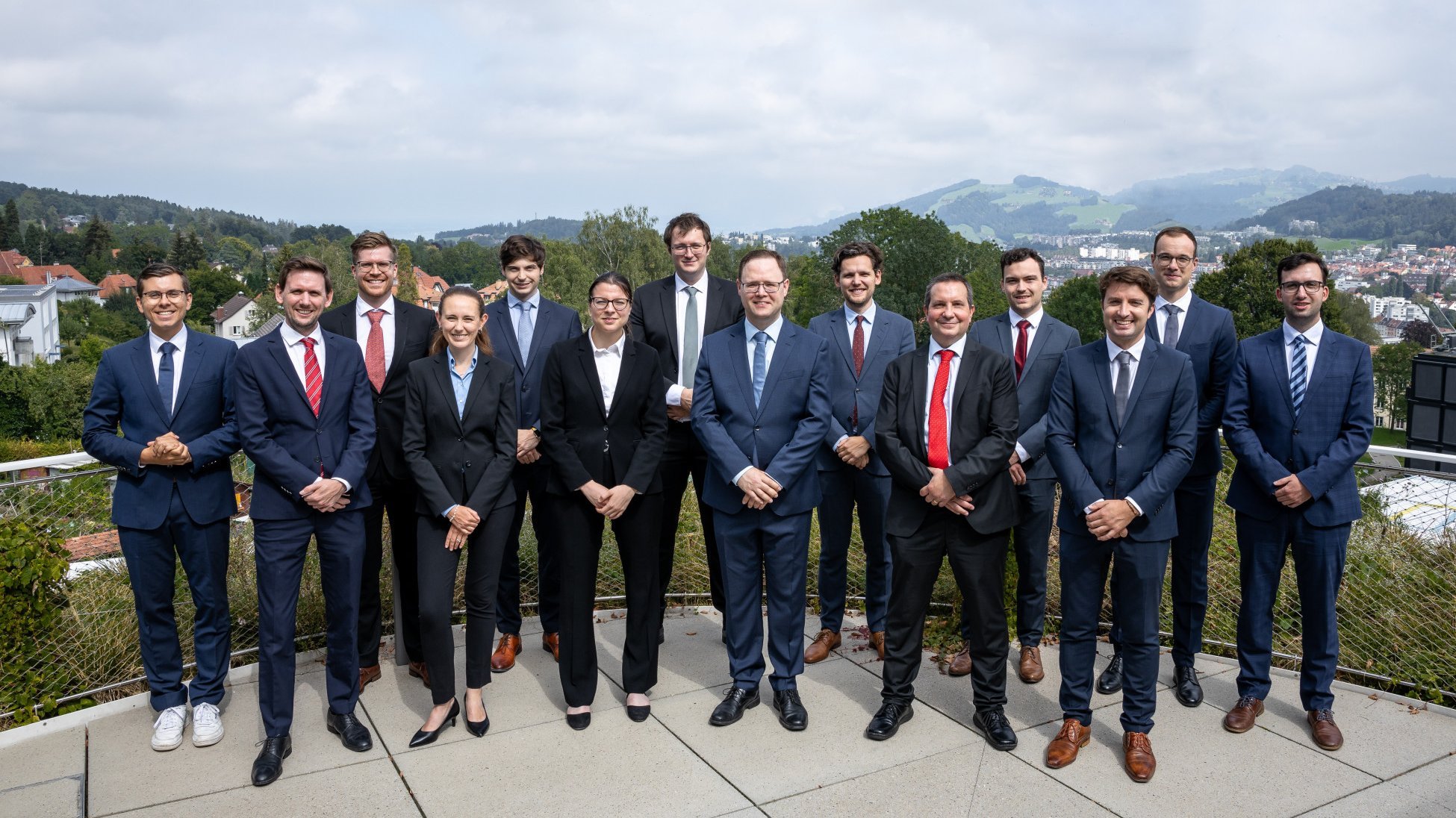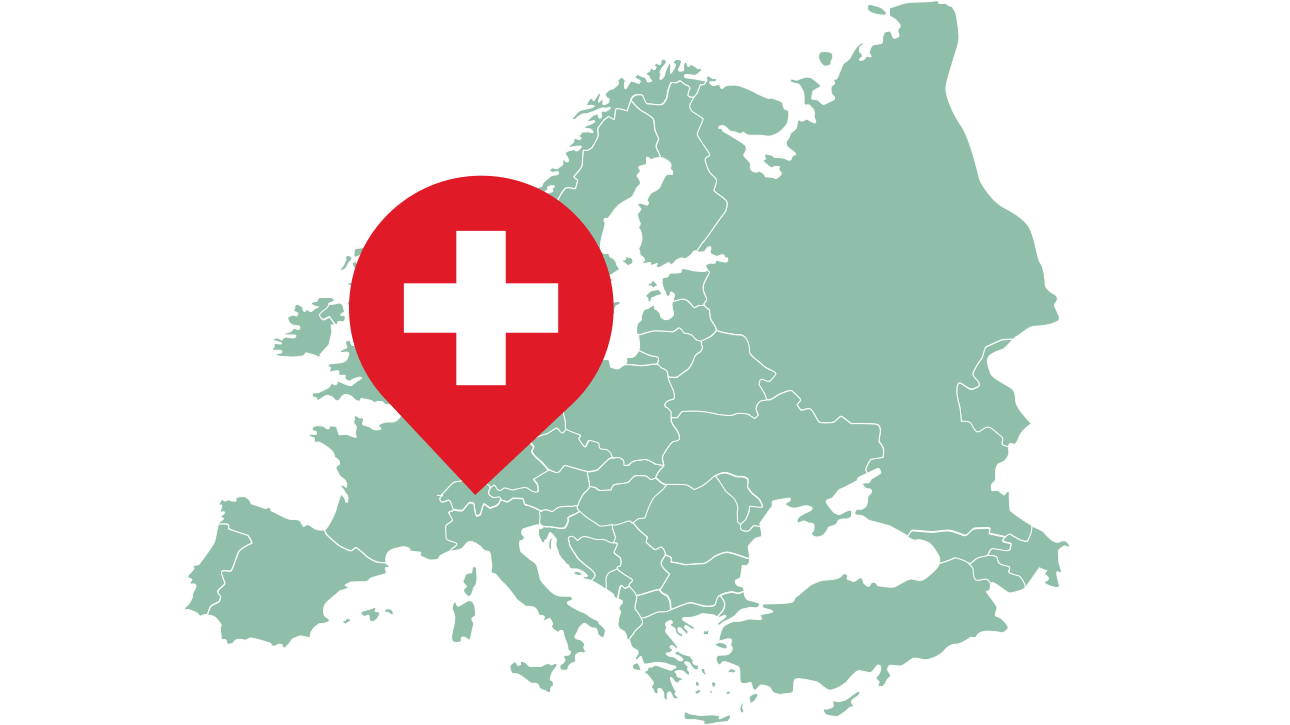
We support industrial organizations in multiple sectors and regions in their strategic planning and implementation of improvement initiatives.
The division of Production Management offers industrial organizations both industry and functional expertise, benchmarking competencies, and academic research from a single source. In close cooperation with each client, our experienced team of managers, consultants, and academics produces tangible and positive results. Find out how you can benefit most from our services below and follow us on LinkedIn for updates.
Find all news articles in our archive.

In 2017 we launched our annual survey for the first time to analyze the prevailing situation of the Swiss manufacturing sector. Since then, each edition has added more insights into structural changes in the manufacturing landscape. Moreover, each version has shown challenges and opportunities for manufacturing in Switzerland as well as how they develop in the long run. In 2019 we additionally launched the Swiss Manufacturing Award to honor one company, which has outstandingly contributed to manufacturing in Switzerland, every year.
Contact: Simon Gese

Leading the Charge: Managing the Transition Toward a New Industrial Era
Please note, the main conference language is German.
The target group of the conference are managing directors, plant and production managers as well as managers from production-related areas of industrial companies. The conference will take place on 21st and 22nd October 2025 at the Hotel Einstein Congress in St. Gallen.
Contact: Moritz Häussler

In the course of increasing digitalization, production faces new opportunities and challenges. New skills and methods must complement existing experience. This CAS (Certificate of Advanced Studies) transports the latest findings in the field of production management into operational practice. The course is held in collaboration with HSR Rapperswil. Course language is German.
Contact:Lukas Budde
Professor of Production Management
Personal Assistant
Project Leader
Project Leader
Research Associate
Research Associate
Research Associate
Research Associate
Research Associate
Research Associate
Research Associate
Research Associate
Research Associate
Research Associate
Research Associate